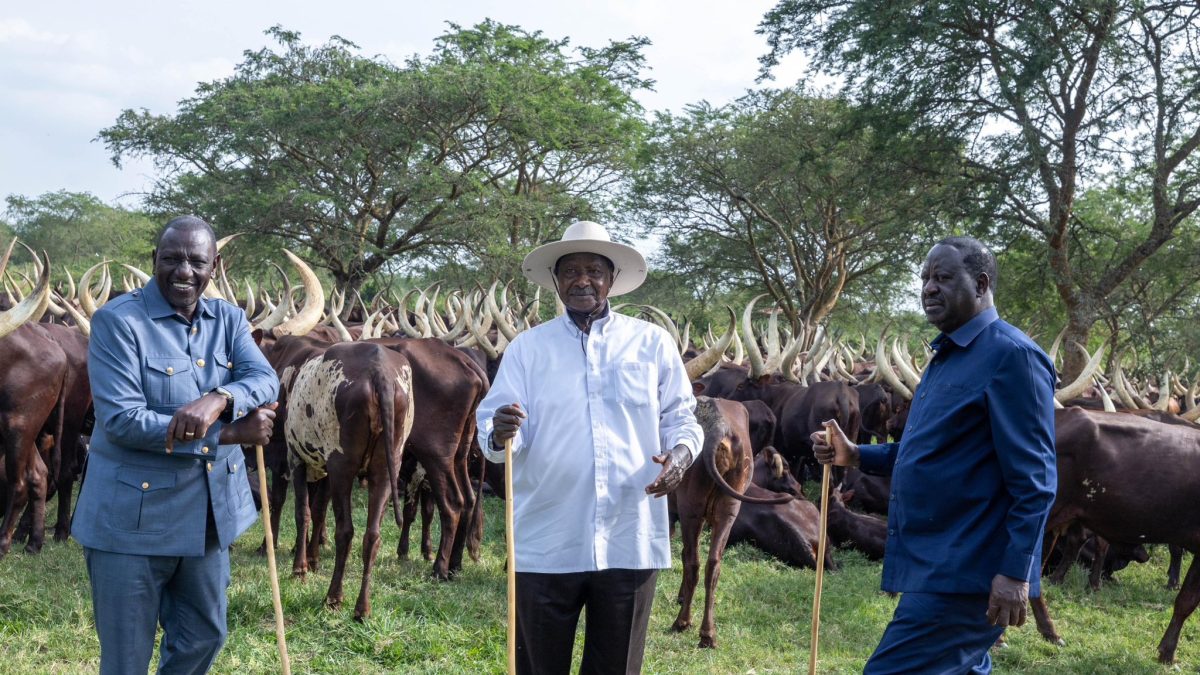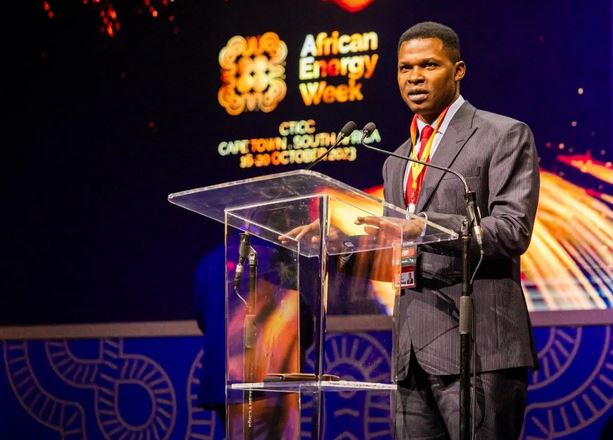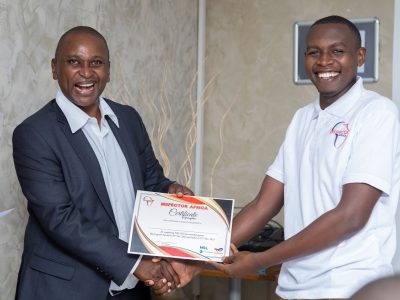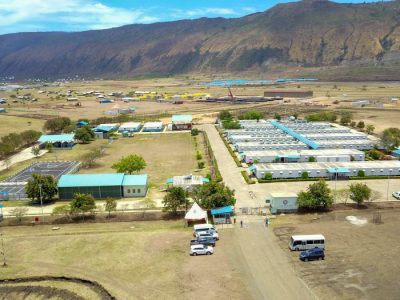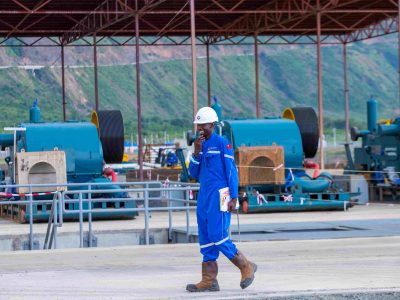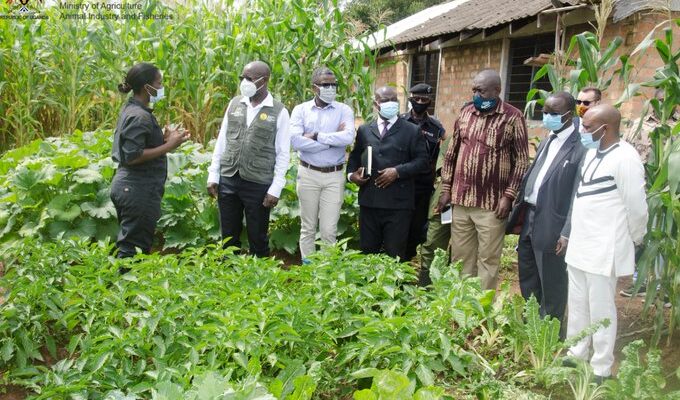

Tony Otoa, Stanbic Business Incubator, boss
By Tony Otoa
There are business opportunities worth $15 – $20 billion in Uganda’s oil and gas sector. Given that Small and Medium Enterprises (SMEs) account for more than 70% of the entire private sector and employ over 2 million Ugandans, according to the Uganda Investment Authority, their take from this opportunity should be significant.
Not so much because they are the majority players in the economy but because their significance as the key drivers of Uganda’s economic growth cannot be over emphasized.
Yet since the discovery of commercially viable oil reserves in 2006 which now stand at 6 billion barrels – of which 1.4 billon is recoverable – SMEs have largely remained unaware of and unprepared for these opportunities.
For instance, of the $3.5 billion international oil companies spent in the exploration phase, local companies only got an estimated 28 per cent. The majority of local businesses could not tap these opportunities because of a variety of challenges. From our close interaction with some of these businesses, some of these challenges included limited access to finance, poor health, safety, and environmental (HSE) practices, inability to meet oil and gas industry standards, among others.
But we cannot keep lamenting. The exploration phase is behind us and bigger opportunities are here. The April 11, 2021 signing of three major agreements for the East African Crude Oil Pipeline (EACOP) project kick started the development phase, which is already throwing up significant business opportunities.
The signing of these agreements including the — Host Government Agreement (HGA), the Shareholders Agreement (SHA), and the Tariff and Transportation Agreement (TTA) for the EACOP — by the government of Uganda, the government of Tanzania, and their upstream partners, allowed the International Oil Companies (IOCs) to start awarding contracts to the main contractors for various major oil projects.
Our very own Uganda National Oil Company (UNOC), which is mandated to hold 15% participating interest as the Government’s nominee in the petroleum production licenses awarded has also stepped on the lever. UNOC is providing leadership on project stakeholder engagement, securing government pre-investment in some enabling infrastructure, providing technical expertise in upstream and refinery operations, and national content leadership.
Our other partner, the Petroleum Authority of Uganda (PAU) is also doing phenomenal work in terms of ensuring that some significant contracts are awarded to Ugandan companies. PAU, which is also the oil sector regulator, has noted that the April signing unlocked investment into Uganda’s economy, which includes the implementation of the Tilenga Project ($4 billion), the Kingfisher Project ($1.5 billion); and, the EACOP ($3.6bn). This is in addition to the ongoing investment into the Hoima International Airport (over US$500m) and 700 kilometres of oil roads ( US$900m).
PAU also notes that as a result, at the national level Uganda’s GDP will be significantly boosted through sectoral linkages by close to $9 billion, a 22 per cent increase of the current GDP, which is expected to reach $40.1 billion in 2020/21.
But most importantly, these developments portend immense opportunities for the SMEs. Already, contracts worth $167 million out of the $1.362 billion for the Tilenga and Kingfisher projects will be awarded directly to Ugandan companies. Overall, at least 28% or $4.2 billion of the $15 billion investment during the development and construction will go to Ugandan companies through provision of various goods, services and works.
It is important that local businesses tap into these opportunities because while revenues from taxation of the activities of international oil companies will be a major benefit from the oil industry, for Uganda to benefit from its oil and gas resources, the participation of local businesses is no doubt the most critical avenue.
That is why the Stanbic Business Incubator has over the last few years been training SMEs in a range of business skills to further bolster them and turn them into thriving and sustainable businesses.
Beyond training in enterprise development, for SMEs to thrive in the oil and gas industry, they must recognize the need for more sustainable and environmentally friendly business models. They must learn to incorporate environmentalism and sustainability as core aspects of their business ventures. They must appreciate that done right, environmental sustainability aligns profits with people and the planet.
In this regard, the Stanbic Business Incubator, Stanbic Bank, UNOC, CNOOC, the Petroleum Authority of Uganda, and the Uganda Investment Authority (UIA) are hosting the first ever East African Oil & Gas Conference (EASOG). On top of exploring opportunities in the oil and gas sector, the conference will tackle challenges that may be standing in the way of the SMEs targeting the oil and gas industry.
This will be an oil and gas conference like no other because its content has been curated to deal with the peculiarities of SMEs. For instance, if you are an SME looking for opportunities, there is an opportunity to get firsthand information from the IOCs. We have SMEs like GCC and Atacama Consulting who have already served the oil industry and will be sharing their experience.
The team from Stanbic Bank will delve deep into financial products that will allow you to compete effectively in the industry. Then UNOC and PAU will be sharing requisite information on national participation in the oil and gas sector.
Beyond bringing together the different sectors of the economy and players in the oil and gas sector, the conference will also offer an opportunity to SMEs to show case their capabilities, network with potential partners, and learn the demands of potential clients firsthand.
To be broadcast live on all online platforms, the conference will take place today, on the 18th and tomorrow, the 19th of November 2021, at Serena Hotel. We will explore opportunities in farming, catering services, camp management services, logistics and transportation, security, waste management and so much more! We invite you to attend, build your network and get answers on identifying business opportunities, supplying, and financing projects for the oil and gas industry.
Tony Otoa is the Chief Executive Stanbic Bank Business Incubator



